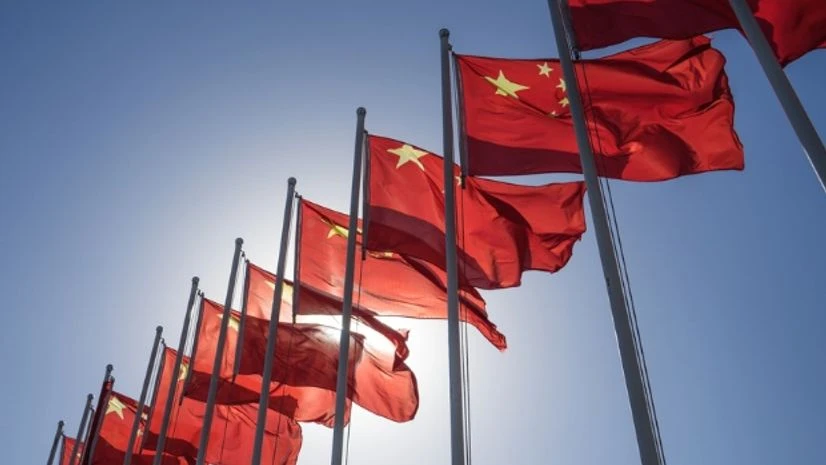Multinational firms that are trying to comply with new import restrictions from other countries have found themselves facing penalties in China.
Many voices were raised to protest the detention and persecution of millions of ethnic minorities. Companies that have sponsored the Beijing Olympics have attracted censure from politicians and human rights groups, who say such contracts imply tacit support of atrocities by the Chinese Communist Party, reported the NY Times.
Jim McGregor, chairman of APCO Worldwide's greater China region said his company was telling clients to "try to comply with everybody, but don't make a lot of noise about it -- because if you're noisy about complying in one country, the other country will come after you", suggesting the paradox for these firms.
"One thing our businesses, universities and sports leagues don't seem to fully understand is that to eat at the C.C.P.'s trough, you will have to turn into a pig," Yaxue Cao, editor of ChinaChange.org, a website that covers civil society and human rights, told Congress this month.
Harsher penalties could be applied to these firms however the companies that try to sever ties with Xinjiang may run afoul of China's anti-sanctions law. It will further make them prone to China's crackdown on them.
"Companies are between a rock and a hard place when it comes to complying with the U.S. and Chinese law," said Jake Colvin, the president of the National Foreign Trade Council, which represents companies that do business internationally, reported the newspaper.
Notably, in June, the United States will enact a sweeping law that will expand restrictions on Xinjiang. This will give the United States power to block imports made with any materials sourced from that region.
(Only the headline and picture of this report may have been reworked by the Business Standard staff; the rest of the content is auto-generated from a syndicated feed.)

)
